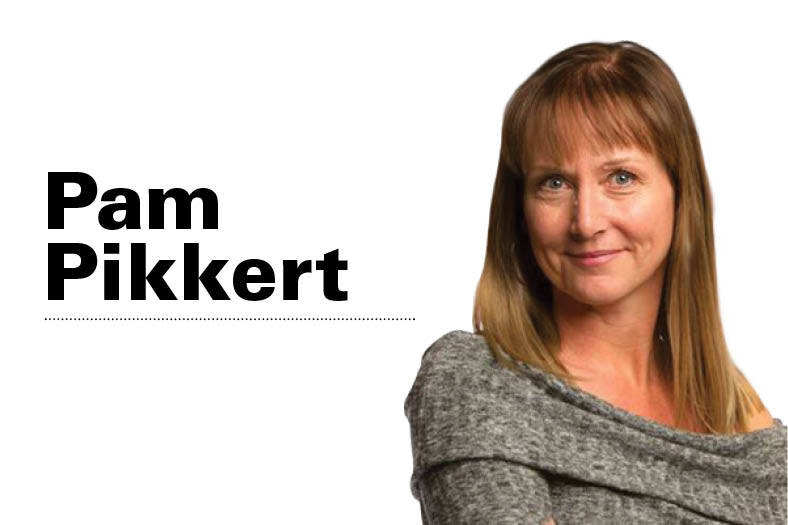Choosing the right mortgage to meet your needs is a process best handled with the support of a mortgage professional. Just as there are many homes to choose from, there are many types of mortgage financing options.
Choosing the right mortgage can save you thousands of dollars and give you the flexibility to make informed choices in your life. It is important to take the time to review each option considering your personal and financial goals and resources. This will help you make the best decision and get you into the home of your dreams.
An important first step in choosing the right mortgage begins with asking yourself a few questions.
What kind of property are you buying?
You may want a starter home such as a condo to build equity that you can rent out later or sell and buy another home. Or you may prefer to buy a house with suite income. In each case you will want to consider how much you can afford including the condo fees and property taxes.
How long do you plan to stay in this home?
If you only plan to live in your home for 5 years or less, you may want to keep your options open and consider a variable or short-term loan when choosing the right mortgage. If you are settling in for the long haul you may consider a longer term fixed rate mortgage or a combination of mortgage terms (fixed and variable). Each come with different benefits and deserve consideration as part of your home purchase and mortgage planning.
Would a fixed mortgage or variable be best for you?
A fixed rate mortgage is exactly that, a mortgage with a fixed rate over a fixed period of time. A variable rate mortgage is based on the prime lending rate (ie. Prime – .5% or 2.5%). As the prime lending rate moves up or down (in relation to the overnight lending rate set by the Bank of Canada) your cost of borrowing will fluctuate. If you need to know exactly what you will be paying every month for the full term of the mortgage (ie. 5 years) then a fixed rate mortgage may be best for you.
Typically the cost of borrowing over time is lower with a variable rate mortgage. However, the interest rate environment can change and you should review both options when choosing the right mortgage with your mortgage professional.
How much do you have for a down payment and other costs?
If you have access to funds in your own account, RRSP or family gift, you may want to make a larger down payment to lower your mortgage payment and avoid high ratio insurance premiums.
Any purchase with less than a 20 per cent down payment is a high-ratio mortgage and must be insured by the Canada Mortgage and Housing Corporation (CMHC) or Genworth Financial Canada (Genworth) or Canada Guarantee. The fee for this insurance varies according to the amount borrowed and the percentage of your down payment, ranging from 1.00 per cent to 2.90 per cent of the mortgage. This one-time, upfront fee can be added to the mortgage.
If the home may need some renovations, you could consider a purchase plus improvement mortgage. It is also prudent to keep some funds in your savings for at least three months of mortgage and property taxes as a buffer.
Other Factors to Consider in Choosing the Right Mortgage
Loan Term
A short-term mortgage is usually for three years or less.
Short-term mortgages are appropriate for buyers who believe interest rates will drop at renewal time. Long-term mortgages are suitable when current rates are reasonable and borrowers want the security of budgeting for the future.
The key to choosing between short and long term is to feel comfortable with your mortgage payments and how long you are making those payments. After a term expires, the balance of the principal owing on the mortgage can be repaid or a new mortgage agreement can be established at the current day interest rates.
Open or Closed Mortgage
Open mortgages can be paid off at any time without penalty and are usually negotiated for very short terms.
They are suited to homeowners who are planning to sell in the near future or those who want the flexibility to make large, lump-sum payments before maturity.
Closed mortgages are commitments for specific terms, one to 10 years for example. They can come with fixed interest rates or variable interest rates.
If you want to pay off the mortgage balance, you will need to wait until the maturity date or pay a penalty on the outstanding balance, if any.
Pam Pikkert is a mortgage broker with Mortgage Alliance –
Regional Mortgage Group in Red Deer.
Pam Pikkert is a mortgage broker with Mortgage Alliance – Regional Mortgage Group in Red Deer.



